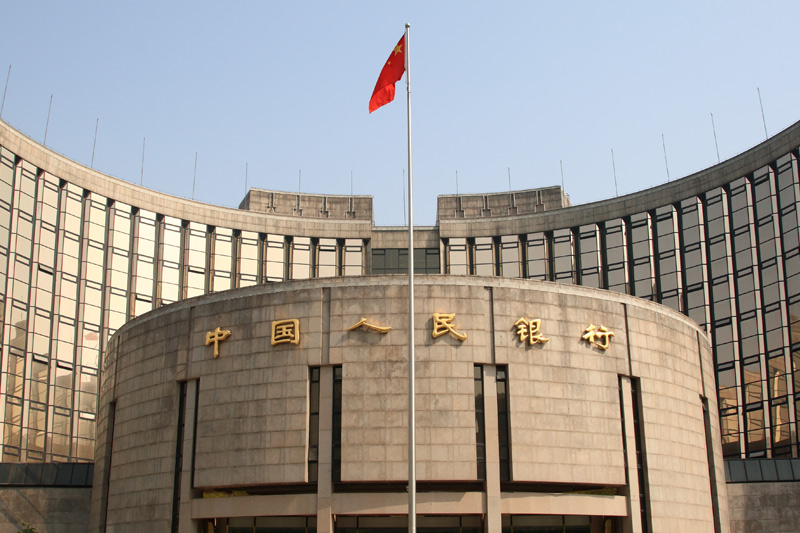Select Language

Investing.com-- The People’s Bank of China kept its benchmark loan prime rate unchanged at record lows on Wednesday, with monetary conditions set to remain loose for longer as China struggles with slowing economic growth.
The PBOC left its one-year LPR at 3.45%, while the five-year LPR, which is used to determine mortgage rates, was left unchanged at 4.20% in the PBOC's final rate decision for 2023. Both rates were at historic lows, after three cuts over the past year.
The move was largely telegraphed by the PBOC, given that it had left medium-term lending rates unchanged last week. But the central bank also injected a bumper 1.45 trillion yuan ($204 billion) worth of liquidity into the banking system last week.
The LPR is determined by the PBOC based on considerations from 18 designated commercial banks, and is used as a benchmark for lending rates in the country.
State media reports had forecast more cuts to the LPR by end-2023. But given that the rate is already at record lows, the PBOC had little room to act.
While the PBOC has kept the lending benchmark at record lows for more than a year, calls have grown for more monetary loosening in the country, especially as a post-COVID economic recovery failed to materialize. The bank had last trimmed the one-year LPR in August, and by a smaller-than-expected margin.
A swathe of economic readings for November showed continued weakness. Chinese manufacturing activity remained in contraction, while the country slid further into disinflation as consumer spending remained weak.
Still, recent resilience in the yuan has offered the PBOC some headroom to potentially lower rates further. But the bank has also signaled reluctance over such a move, given that it could potentially destabilize the banking sector.
The PBOC’s liquidity measures have been aimed at shoring up capital investment and consumer spending in the country, the latter of which has dried up substantially this year.
The bank also attempted to provide more support to the beleaguered property market, which was hit with a string of high-profile defaults over the past two years. The sector accounts for a quarter of China’s economy, and has been on a sustained downturn since the COVID-19 pandemic.
Beyond the PBOC’s liquidity injections, investors have been clamoring for more targeted, fiscal measures from Beijing to support an economic recovery. But the government has remained largely conservative in rolling out more policy support, amid concerns over high debt levels.

